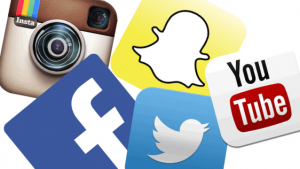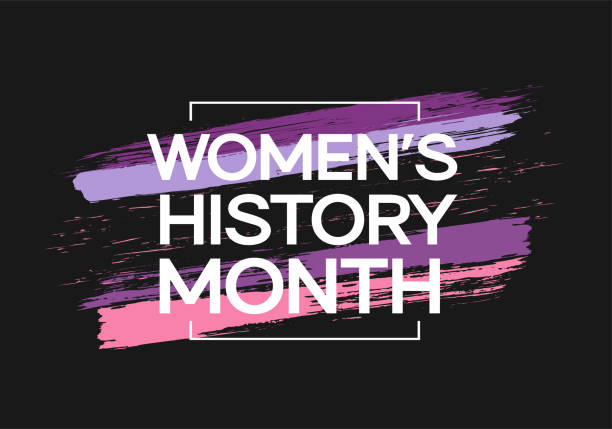(ThyBlackMan.com) According to Statista, 73% of the US population had a social media profile in 2015, a figure that grows significantly year on year. The question remains, then: if social media makes us feel so bad, why do we continue to subscribe and take part? Fear of missing out no doubt plays a major role, as online networks have become so integral to the way we interact with our peers. Another key factor is our inherent need to be regarded positively by others, as explained by psychologist Carl Rogers’ theory of personality.
There is no denying that posting a picture online and receiving likes and comments is one of the most instant – and measurable – forms of external validation, and gives us quite the buzz. In that respect, social media has made it all too easy to choose the path of instant, short-term gratification, with the ideal or online self often taking  precedence over the actual self. Whilst social media provides a quick-fix, the ever widening gap between the actual and ideal selves can leave us feeling empty and unfulfilled in the long term.
precedence over the actual self. Whilst social media provides a quick-fix, the ever widening gap between the actual and ideal selves can leave us feeling empty and unfulfilled in the long term.
We all know at least one person who turns to social media to constantly do one thing: complain about EVERYTHING imaginable. Whether it’s about an ex or school or just life in general, these people don’t hesitate to make a Facebook status or tweet about it like maybe five times a day. If you’re upset or have a problem with something, not everyone in your social network needs to know about it.
It’s possible that some insecure people would rather state their feelings behind the safety of a screen rather than talk to a close friend, but it’s still not the best way to go. Maybe these people feel as though they can’t actually “talk” to someone out of fear of judgment, but truthfully, more people will likely judge you when you turn to social media with your complaints. Just talk to someone close to you to make yourself feel better. And, if you have a problem with someone, don’t make a status about it. Doing so not only reveals insecurity, but also immaturity.
When social media runs the people lives who check Twitter, Facebook and Instagram so constantly that it deems sustaining a normal conversation impossible. They are so invested in the “social” world that lives in their screens that they neglect the REAL social world. Well, there’s more to life than just checking and updating your feeds. It’s amazing how much someone can learn about you if you just put your phone down and actually talk to people.
Constantly checking “likes” Imagine this scenario: You post a photo or a status and every hour (or more), you scroll through your list of people who liked whatever it is that you posted. It might sound a bit extreme, but people do it constantly. There’s nothing wrong with posting things on social media, but there’s a lot wrong with obsessing over whether or not people approve of what you post. Who cares if someone “liked” your status or not?
Who cares if you don’t get as many “likes” for your default photo as your friend? Who cares if no one retweeted your tweet? Insecure people are always seeking some kind of approval for the things they do, but in reality, it shouldn’t matter if someone likes something you posted or not. Part of being confident means being able to post things without seeking approval. Stop caring about the “likes.” If you like what you posted, it doesn’t matter who else does or doesn’t.
Staff Writer; Amber Ogden
One may also view more of her work over at; AmberOgden.com.
Also connect via Instagram; 1amberogden and Twitter; MsAmberOgden.

















Leave a Reply